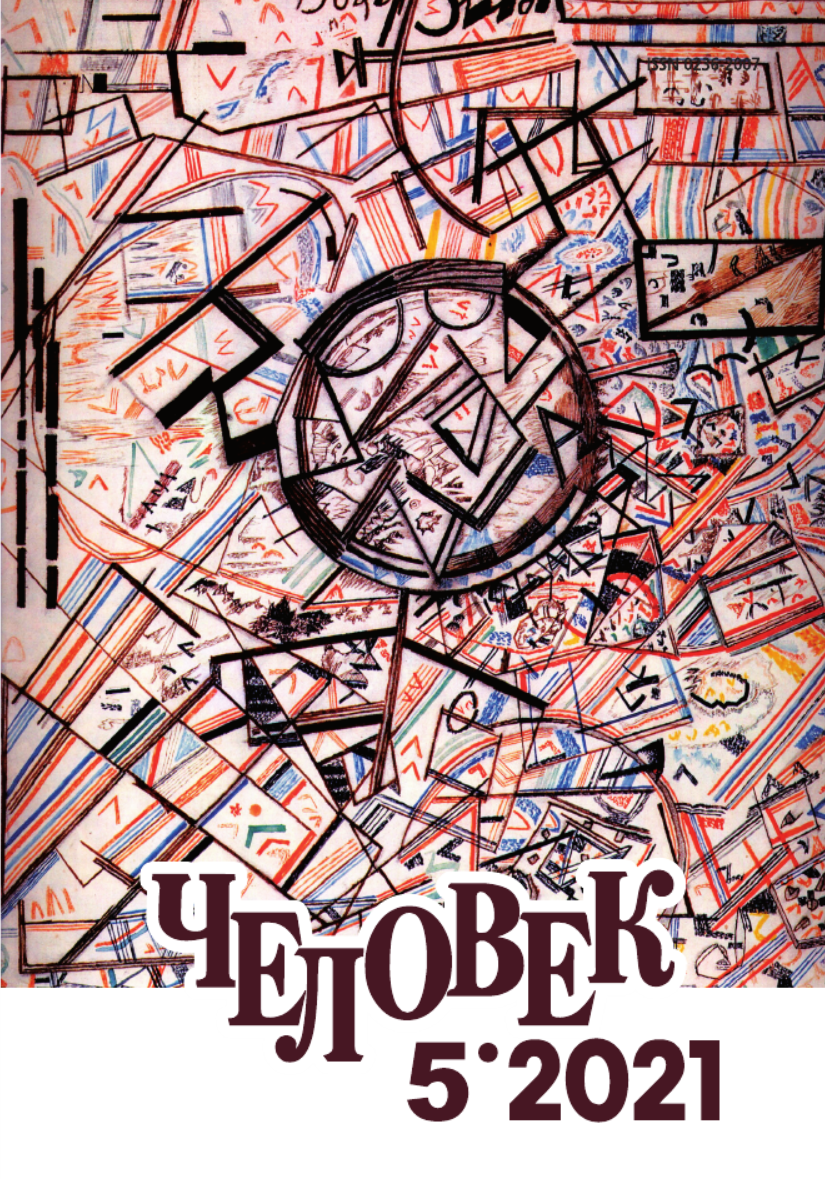On Valery Podoroga: Reflecting on the Years of Our Friendship
Keywords:
anthropogram, aesthetic avant-garde, cinematic perception, laboratory of philosophy, linguistic perception, machine mimesis, mass perception, philosophical anthropology, philosophy as image, political vision, revolution and affect, sensory ontology, visual solidarityAbstract
This essay remembers Valery Podoroga, whom I knew during the years of transition from Soviet to post-Soviet Russia. The details of our fortuitous meeting in Moscow in 1987 are chronicled in my book, Dreamworld and Catastrophe (2000), when we shared an interest in the early cinema of Eisenstein and Vertov, and a conviction that sensory experience — aesthetics in the general sense of the word — was the entryway to philosophizing. Podoroga translated these techniques of image-perception into a totally original, philosophical way of reading literature. Mimesis, his major work, contains reflections on the novels of Gogol, Dostoyevsky, Platonov, and others, analysing the sensory quality of these texts in order to feel bodily the transitory worlds that they created. Podoroga reads Platonov as embodying the rapid industrialization and agricultural collectivisation of high-Stalinism, a mimetic response that leads to the “de-anthropologisation” of experience. Mimesis describes how the bursting of literary forms culminates in the revolutionary consciousness of the avant-garde. Podoroga’s relation to Marx, who was a monumental figure in his childhood, differed from that of his predecessors (Lukacs, Lifschitz and others), and had affinities to Derrida’s reading of Marx’s “ghosts.” He considered the new, “glamorous” Marxism of the younger generation (editors of Stasis) as quite comfortably bourgeois and cautions that the equality of socialism was an equality of poverty. Podoroga valued the individual as the only possible philosophical subject. His idea of freedom was as an inner experience, which he himself attained in the last Soviet years when the archives of Western books opened to him and a “feast of knowledge” was made available. This private, inner freedom of reading and thinking was for him a kind of utopia. Yet this exercise of freedom was a strictly individual pursuit. Reflecting on the years of our friendship, 1987–2016, I ask whether the phenomenological experience of freedom would not, rather, require public acts of resistance.






